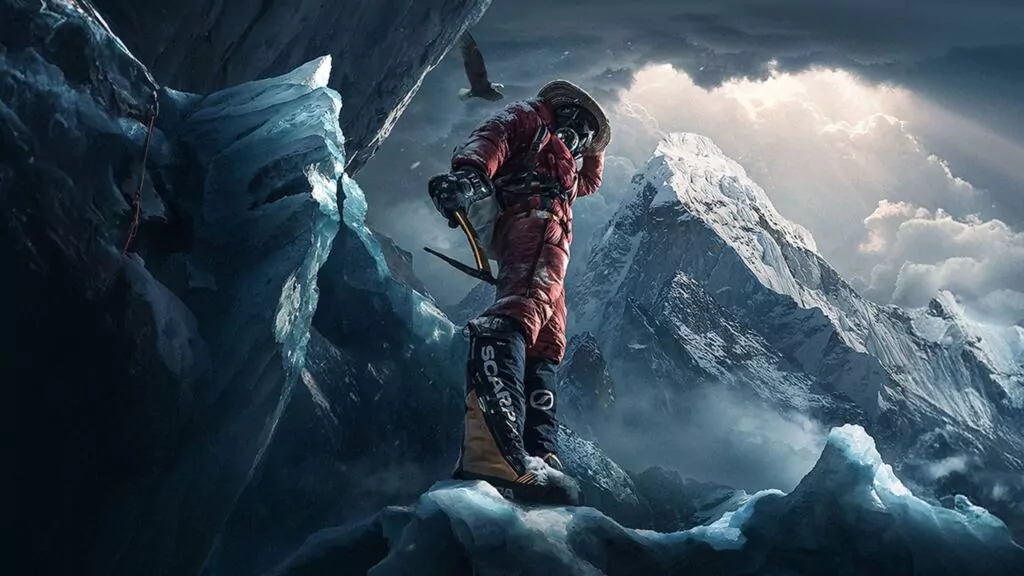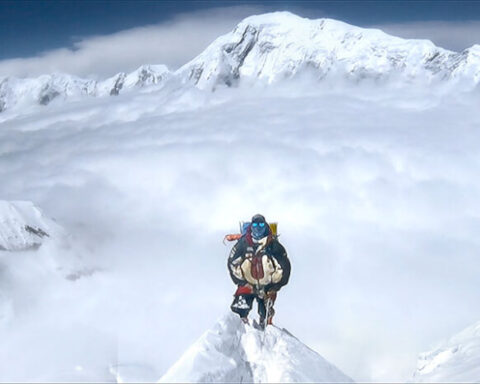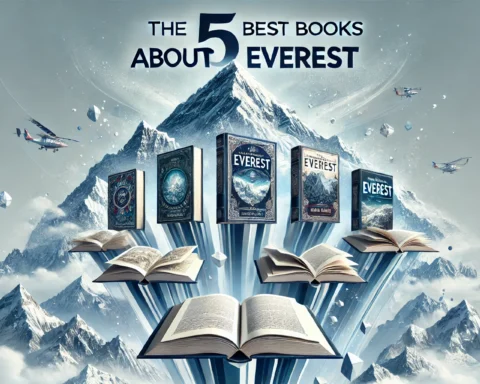After a long absence, the YouTuber Inoxtag made a major comeback, first in cinemas and then on YouTube, with his documentary Kaizen, which recounts his last year of preparation with one goal: to climb Mount Everest. However, the documentary didn’t receive only positive feedback. Many viewers criticized the video, calling it self-centered or claiming that Inox wouldn’t have succeeded without money. But the negative opinions didn’t just come from average viewers. Professional mountaineers also criticized Inox’s climb, accusing him of using oxygen bottles and even contributing to trafficking at the summit of Everest. But despite all the criticism, what’s our take on the Kaizen documentary? Well, we strongly disagree with the negativity and don’t understand the wave of hate that has spread on social media since Inox became a public figure again.
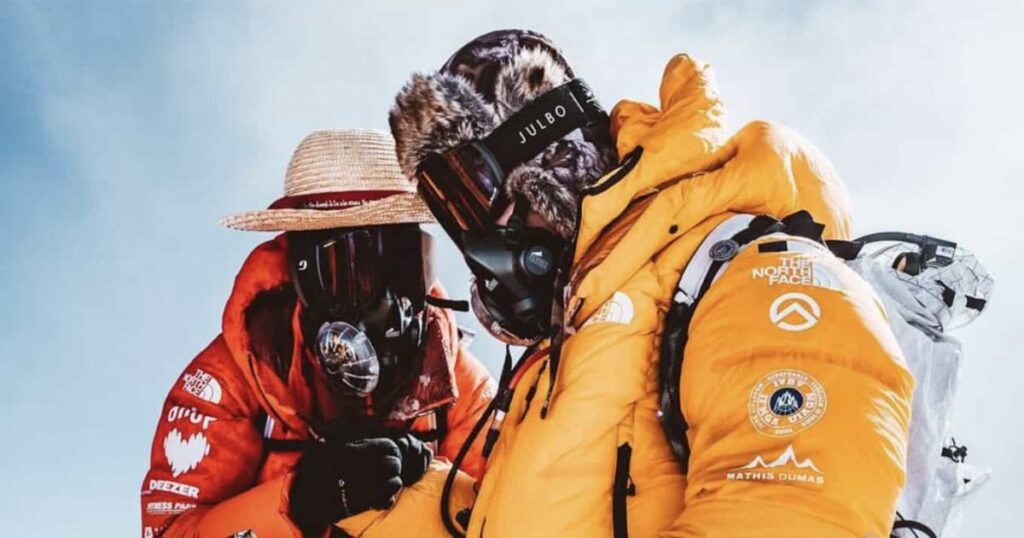
First of all, Kaizen isn’t, in my opinion, a documentary about Everest. It’s a documentary about Inox’s year-long preparation leading up to his climb of Everest. The two-hour-long video naturally features Inox, as he is the one preparing for the climb, making him the primary subject of Kaizen. However, Inox constantly highlights his team, those who accompany him, and his close ones, repeatedly stating that his adventure wouldn’t have been possible without the help he received: from his teams, the Sherpas, and the sponsors.
As for the money, here’s some news for everyone who criticizes him: climbing Everest isn’t free. Yes, sorry to burst your bubble, but you have to pay… and quite a bit, considering the visa, gear, travel, food, and all the associated costs. So yes, without money, Inox Tag wouldn’t have been able to climb Everest. But that’s true for everyone. Yes, he was lucky to have sponsors and support from brands that backed him in this project, and that’s great for him!
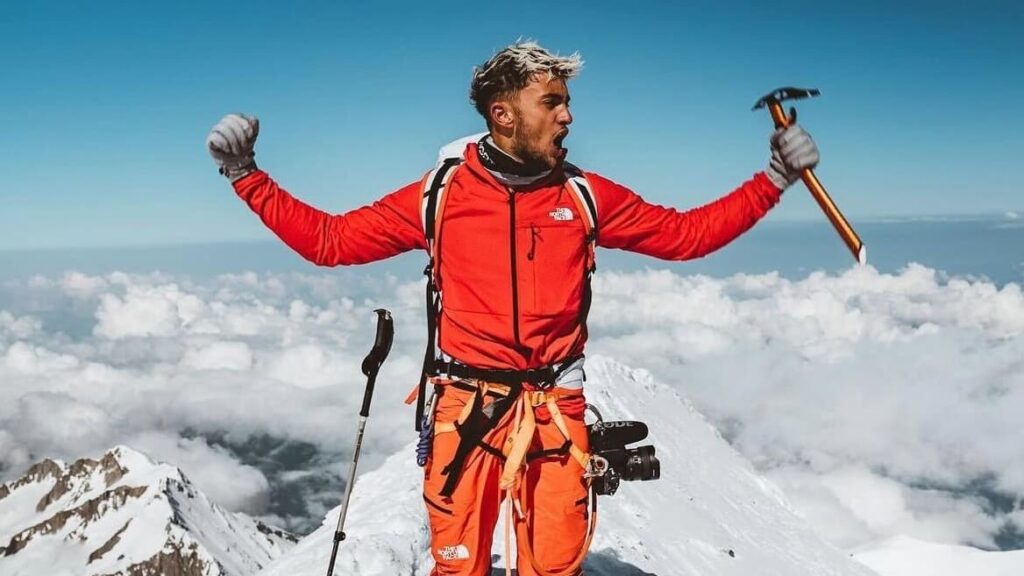
Regarding high-level mountaineers like Pascal Tournaire, who criticized Inox for using oxygen bottles and accused him of promoting over-tourism, or for claiming that climbing Everest with oxygen bottles is like cycling the Tour de France on an electric bike… well, what can I say? Maybe he hasn’t fully grasped the human experience that this climb offered. And perhaps he lives in a parallel world to say such out-of-touch things.
Let’s not forget, Inox is a 22-year-old YouTuber who never aimed to become a professional or elite mountaineer. He never claimed to break a world record or that his climb would change the world. He’s a young man who set a goal a year ago, trained hard, and achieved it within a year.
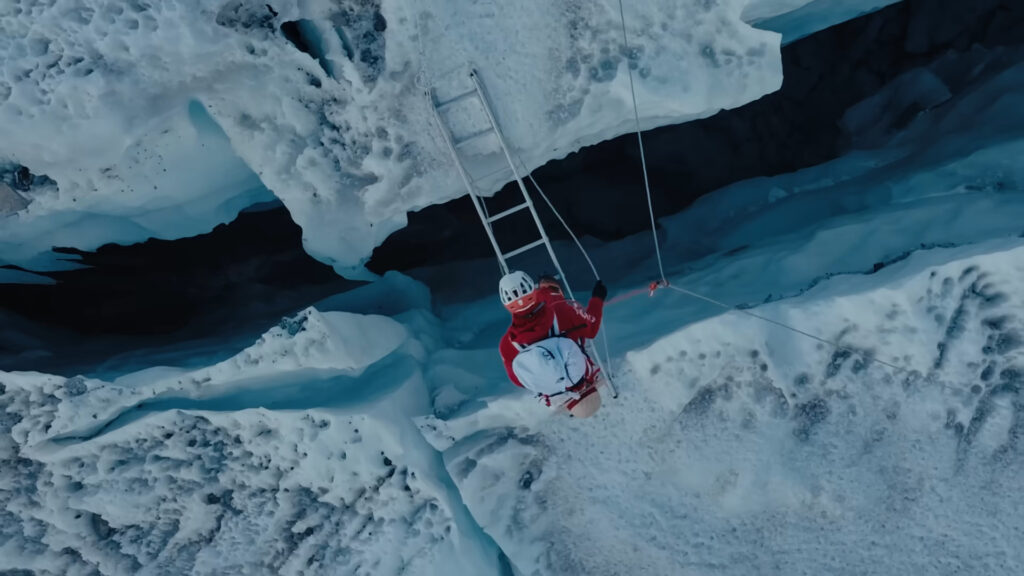
He doesn’t claim to be a professional mountaineer or elite athlete, like Tour de France riders. He never said he achieved a world-class feat. However, yes, it was an accomplishment for him, a personal success. It completely changed his worldview, he grew, and the experience left a lasting impact on him. After all, at 22, not many people have climbed Everest. Yes, there are those who have changed the world, climbed without oxygen bottles, or did it much younger than him and without the comforts Inox had. But does that mean we should diminish this young man’s achievement? He didn’t have the knowledge or skill level for the climb; he trained and participated in an ascent that allowed him to reevaluate his beliefs in life. Criticizing Inox’s climb misses the point of Kaizen. It’s more than just the ascent of Everest; in fact, the documentary isn’t even centered on Everest. It’s about the challenge Inox set for himself a year ago.
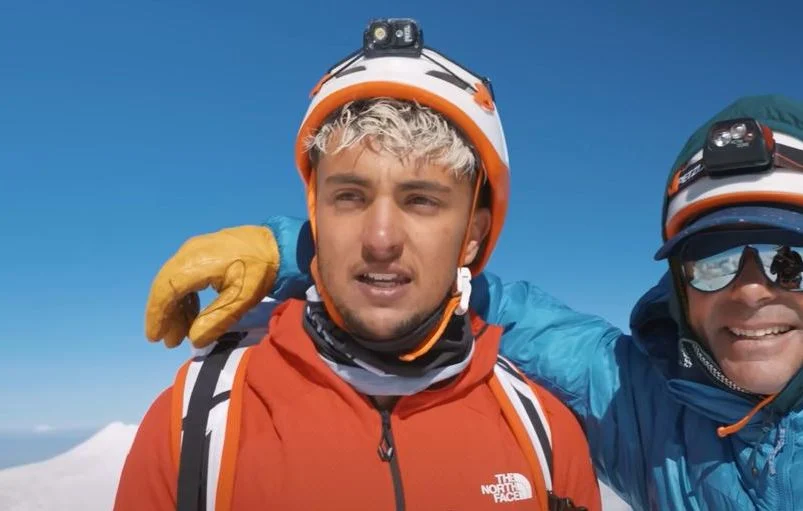
This past year, a person discovered a new passion for a sport, reconnected with nature, became aware of the effects of technology and social media on his life, and moreover, learned to know himself, push his limits, understand his body, and complete a climb that not everyone does. He faced situations and beliefs very different from his own and even confronted death. After witnessing all this, he returned more humble than ever, gave his oxygen bottle to someone in greater need, respected the mountain, highlighted the issue of over-tourism and the resulting problems for people without proper techniques to climb safely. He reported on the ecological challenges he encountered and shared the ups and downs he experienced. He constantly cared for his team and those who accompanied him, took the time to share moments with them in a very human way, and conveyed a message of support for those pursuing projects that seem “unattainable.” Kaizen is about succeeding by improving step by step, evolving slowly but surely to reach a goal.
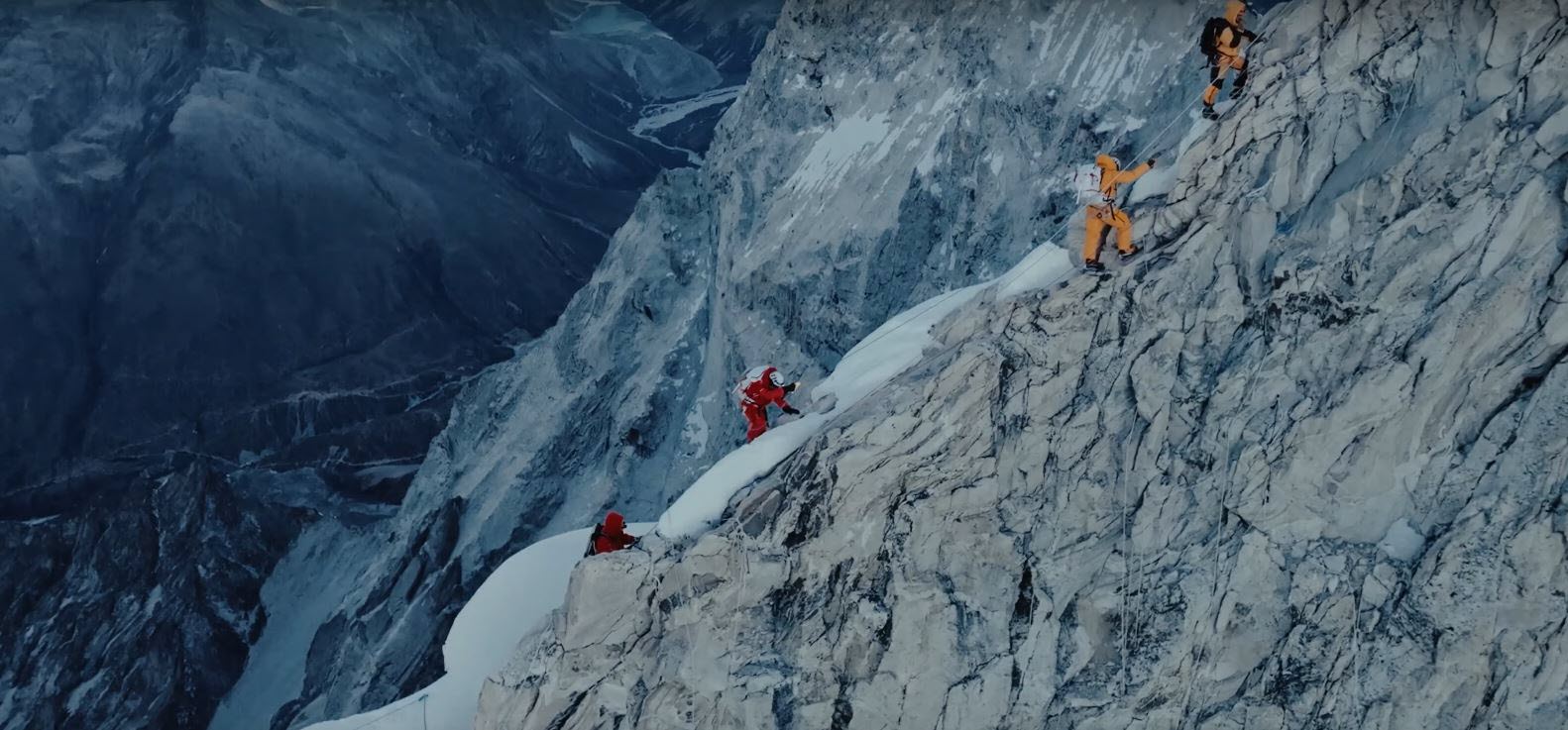
Inox wraps up his journey in the documentary beautifully by distancing himself from social media, going to Cuba, working on a farm, planting rice, and discovering the locals. Yes, Kaizen became hugely popular in France, partly because Inox’s return was highly anticipated, especially by his community. But the French public has no reason to tear down a year of someone’s life just because they had the courage to film themselves and share their experience. We are all the main characters in our own lives, and Inox is the protagonist of his life, too. I hope he has been able to hold onto the peace he found throughout his adventure, despite the misplaced criticism he’s received. Furthermore, this video sends important and necessary messages to the younger viewers who follow him. Lastly, before criticizing, don’t forget that a real person is reading all your comments. The baseless hate Inox receives for wanting to share HIS ADVENTURE with HIS COMMUNITY is undeserved. Inox accomplished his goal, and we congratulate him for that. And if Inox’s next challenge isn’t as spectacular as Everest, that’s okay because, as he often says, “The goal isn’t to do better, but to do something different,” and we hope he sticks to that. In any case, we greatly congratulate Inox on his adventure and look forward to the next one, whether it’s climbing another mountain or planting tomatoes in the French countryside. As long as he’s happy, that’s all that matters.
